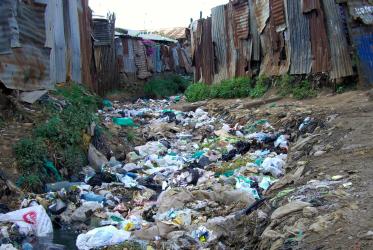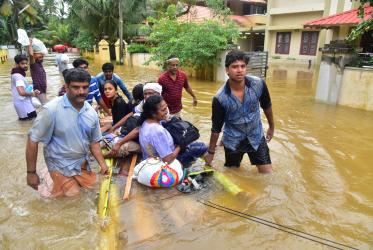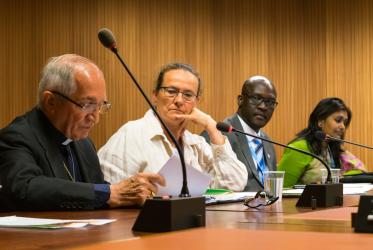Displaying 1 - 20 of 32
On World Toilet Day, sanitation is “an issue of justice”
16 November 2020
Churches should use their voice on climate change
26 February 2020
Church response to Australian bushfires hinges on preparation
07 January 2020
All pilgrim routes lead to COP24
11 December 2018
Voices from HIV workshop reflect deep impact
07 April 2016
Consultation considers right to food in context of climate change
15 December 2015
Land rights focus of panel discussion
17 November 2015












